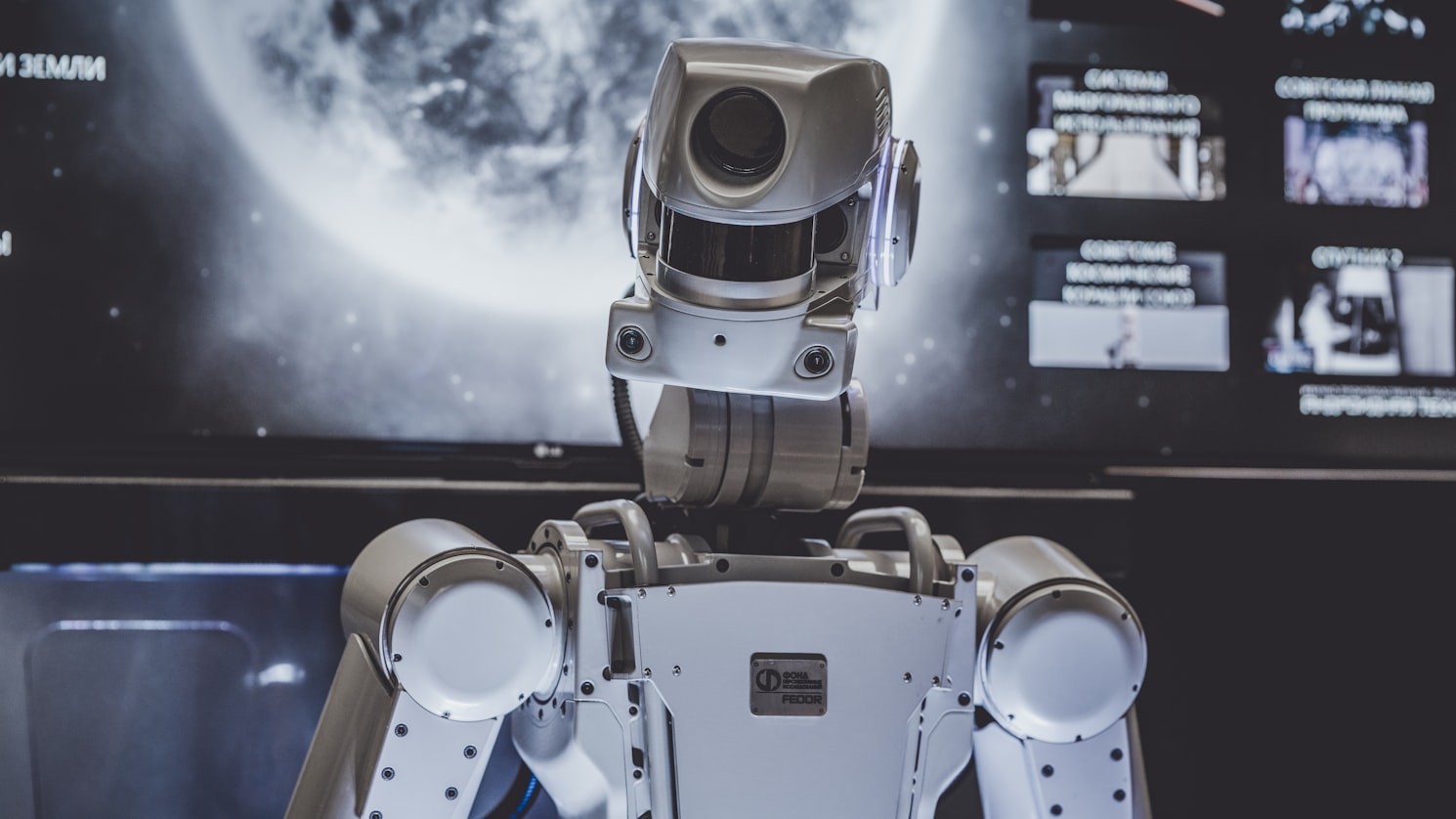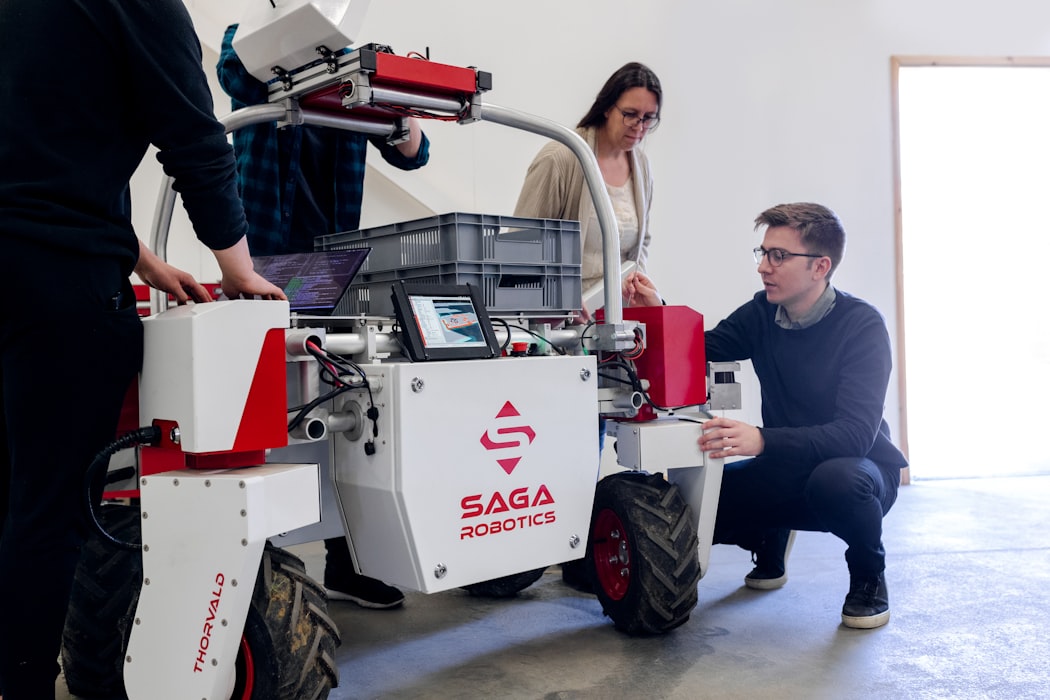Artificial Intelligence, also known as AI, is a field of study concerned with making machines and computers behave in ways that have so far only been attributed to humans. Some of the things that AI systems can do include image recognition, speech and language processing, pattern recognition, learning from experience, and moving and manipulating objects.
Required Skills
For those interested in a career in AI, it’s important to know what skills you need. These skills include mathematics, programming, statistics and problem-solving. The specific skills required will depend on whether the professional is focusing on software or hardware or if he/she intends to pursue a career in academia.
Programming Languages
Professionals looking at AI scopes in the software development sector must know at least one programming language like Java, Python or Perl. The high-level languages that are used for AI development include C++, Prolog, Lisp and Smalltalk. It is imperative that professionals not only have good knowledge of these languages but also know how to use them with applications like MATLAB and S-PLUS.
Statistics and Mathematics
Professionals in AI also need to have significant knowledge of statistics and mathematics. Statistics will enable professionals to develop models as well as track how well a model is working or not working. Professionals are also required to make statistical inferences from their data. An ability to apply mathematical concepts like linear algebra, discrete mathematics, and probability theory will help professionals with AI development.
Communication skills
Professionals should be able to communicate effectively both verbally and in writing to coordinate their efforts for better results. In addition, they should be able to give training and presentations to their clients or other professionals.
Problem Solving Skills
AI developers need problem-solving skills so that they can come up with a solution to a problem presented. They should be able to convert the problem into a mathematical model in the form of an equation or algorithms. Professionals should also have the ability to try out various solutions by using them with their mathematical models.
Required Qualifications
The qualifications needed to start a career in AI are usually a technical degree or a degree in a hard science such as physics or mathematics with AI as one of its subjects.
One of these degrees will provide you with the required knowledge and give you industrial experience so that you are more easily able to find work after graduation. In the field of AI, it is often said that experience is worth its weight in gold. To access the most advanced roles, you will commonly require a PhD. A PhD in artificial intelligence is a rigorous three-year course of study that will teach you everything you need to know about the field.
The first year of a PhD in AI will typically cover topics such as numerical algorithms, optimisation and computational theory. The second-year will cover topics such as machine learning, computer vision and natural language processing. The third-year will be devoted to writing a dissertation on your own research into AI.
How to gain experience?
As mentioned previously, experience is invaluable in the field of AI. No matter how good your degree was, if you don’t have any practical experience, it will be difficult to get a job in AI when you graduate. The best way to gain experience in AI is to find a research position in a university or company that works on AI.
Research assistant positions are available for those who already have a PhD and are therefore familiar with the rigorous work requirements of running an academic study or research project from start to finish. Research assistant positions can be found advertised by universities and companies, and you can apply directly through their websites.
Top 4 career paths in Artificial Intelligence
1. Data Analytics
Data Analytics is a broad term used to encompass many different jobs. The most common job title is Data Scientist. These people are required to have the skills of a computer programmer, mathematician and statistician. Their primary concern is the extraction of information from large data sets (known as Big Data) for use by other departments within an organisation or by customers.
Typical salary: £45,000 - £65,000 ($60,000 - $90,000) per year.
2. Natural Language Processing
With the rise of the Internet and social media, the ability to capture and analyse people’s language has grown exponentially. Natural Language Processing (NLP) is a subset of AI concerned with developing computer programs that can understand natural human language. This includes both written and spoken languages. It’s common for these types of systems to be implemented across areas such as voice recognition, chatbots, spam filtering, translation services and customer service.
Typical salary: £65,000 - £90,000 ($90,000 - $125,000) per year.
3. Machine Learning Engineer
Machine Learning is a subset of AI concerned with giving computers the ability to learn for themselves. An example of this is a machine learning classifier that can sort new data based on its similarity to existing data. This is interesting because it means that the system has learned from previous experiences and can make more accurate decisions in future.
Typical salary: £70,000 - £90,000 ($95,000 - $125,000) per year.
4. Research Scientist
Research Scientists are required to have an in-depth knowledge of the subject they are working on. For example, a Research Scientist working in machine learning will need to have an in-depth understanding of mathematical algorithms and programming languages such as MATLAB, Scilab and Python.
Typical salary: £50,000 - £80,000 ($70,000 - $110,000) per year.
Conclusion
In conclusion, AI is an extensive and highly lucrative industry with a massive potential for growth in the next few years. Whether you decide to become a Machine Learning Engineer or Data Analytics, it is sure to be a lucrative career path that will be in demand well into the future.
#artificial #intelligence #ai



